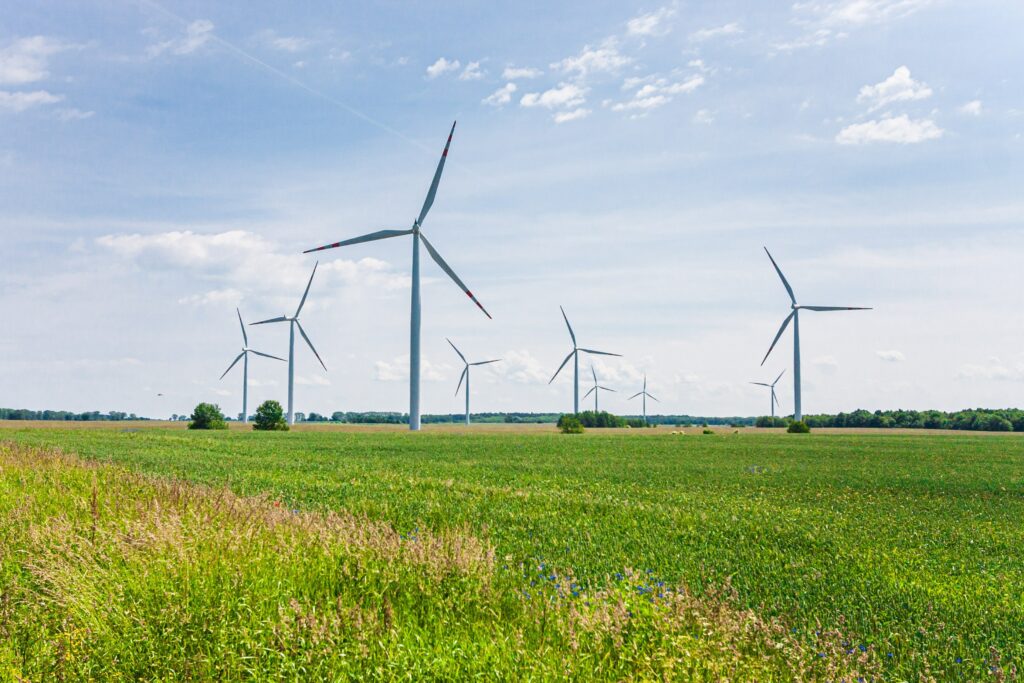A Business, Energy and Industrial Strategy (BEIS) Committee has said that the UK’s target of attaining a decarbonised power system by 2035 is in jeopardy.
According to the report Decarbonisation of the power sector, a suite of policy and regulatory barriers are blocking progress to achieve this target in addition to an absence of an overarching delivery plan and lack of ownership over the whole system costs.
As a result, this has created “policy silos and sequencing problems”, the report says.
The report also states that the UK must deploy low-carbon technologies at a faster rate than has been achieved historically. To do so, regulatory and policy barriers must be overcome and perhaps the most crucial of them all, the planning system must support the connection of new technologies.
The Committee welcomed the creation of the new governmental department to support the decarbonisation of the UK – the Department for Energy Security and Net Zero (DESNZ) – but maintained that it must act now to “coordinate stakeholders, unlock bottlenecks and drive the pace of delivery required”. Failing to do so will see the UK miss its 2035 target.
The report calls for the creation of an overarching delivery plan for the decarbonisation of power with “clear milestones and contingencies”.
One of the biggest obstacles to overcome for the UK’s energy sector is the planning system. Currently, the planning system is failing to sufficiently support the rollout of low-carbon technologies, with more and more renewable generation projects seeing extended connection dates well into the 2030s. This topic has been explored in our mini-series: Current± Explores: The Grid Connection Conundrum.
Speaking to Current±, Pete Aston, specialist connections engineer at Roadnight Taylor said that in early January 2023, there were “over 300GW of accepted connections in the transmission entry capacity (TEC) register”.
The report states there are many reasons why the planning system is a major constraint and the Committee is “in no doubt” that steps will need to be taken to accelerate the planning process for low-carbon energy infrastructure.
Despite the UK government announcing its intention to review the National Planning Policy Framework, in light of MP protests against the de facto ban on onshore wind farms, the Committee believes this does not go far enough to encourage the new onshore wind capacity the country needs to fully decarbonise.
This is similar to several charities and activist groups, led by climate charity Possible and including Greenpeace, WWF and Friends of the Earth, which criticised the UK government’s onshore wind consultation for its failure in unlocking onshore wind projects across England in early March.
Another crucial issue for the UK’s decarbonised power system target is retaining investment in low-carbon energy with the Committee identifying that the UK has become “less attractive” in the global race. The report states: “The US and EU have introduced a series of long-term tax incentives for clean energy infrastructure. The UK government has yet to respond.”
This echoes the thoughts of Tim Pick, the UK’s first Offshore Wind Champion, who recently called on the UK government to mobilise investment in supply chains to reduce grid constraints and compete with the US Inflation Reduction Act (IRA) and EU’s Green Deal Industrial Plan.
To ensure the UK becomes a more attractive market to invest in for low-carbon energy, the Committee believes that the UK must “review the competitiveness of fiscal incentives offered to encourage investment in low-carbon energy projects, the government should consider providing a more tailored response in the capital allowance regime for the sector.”





